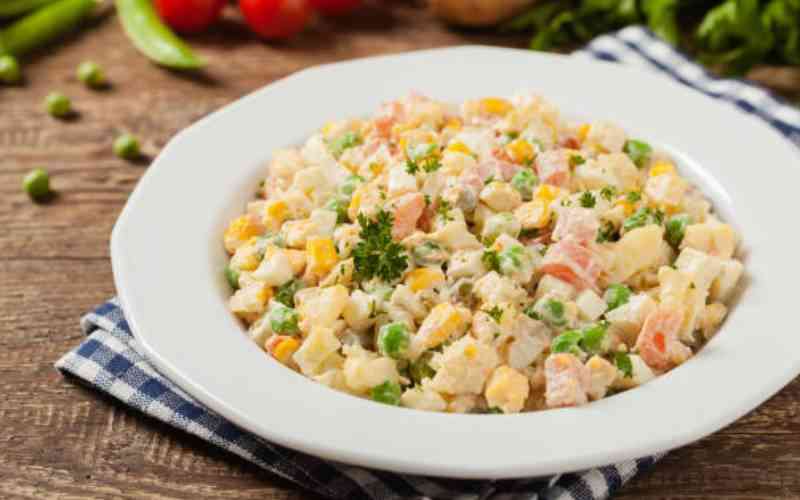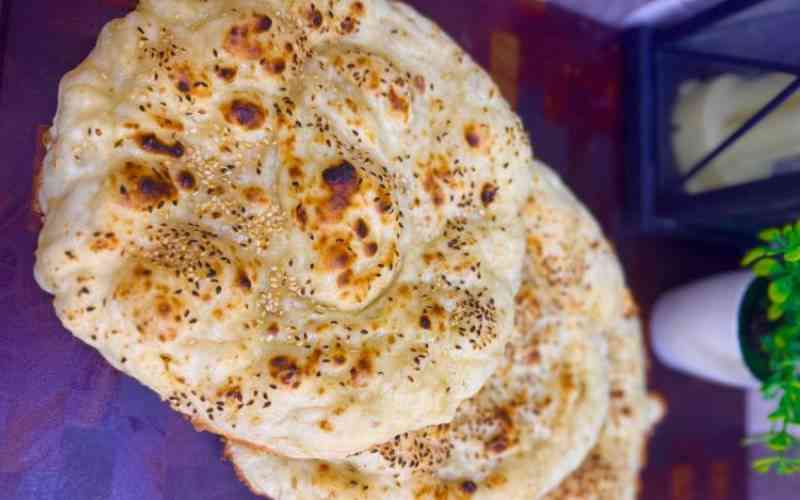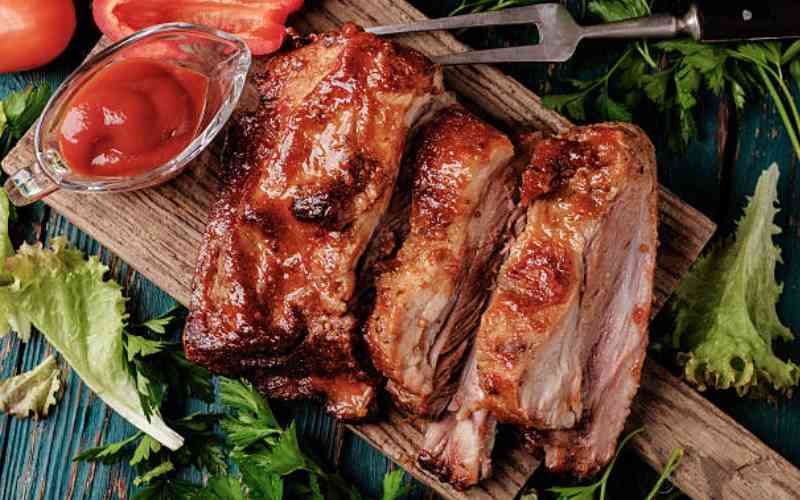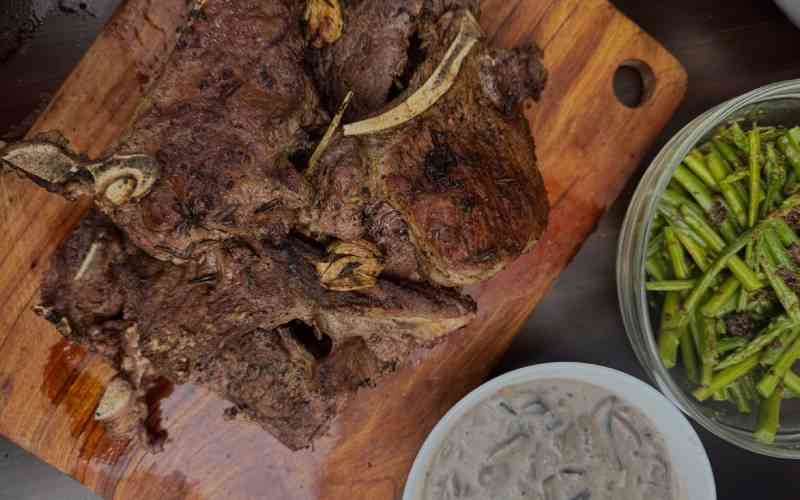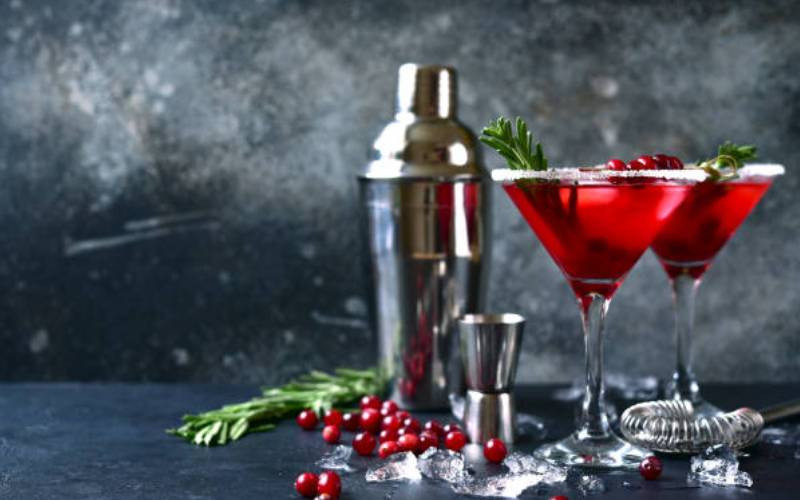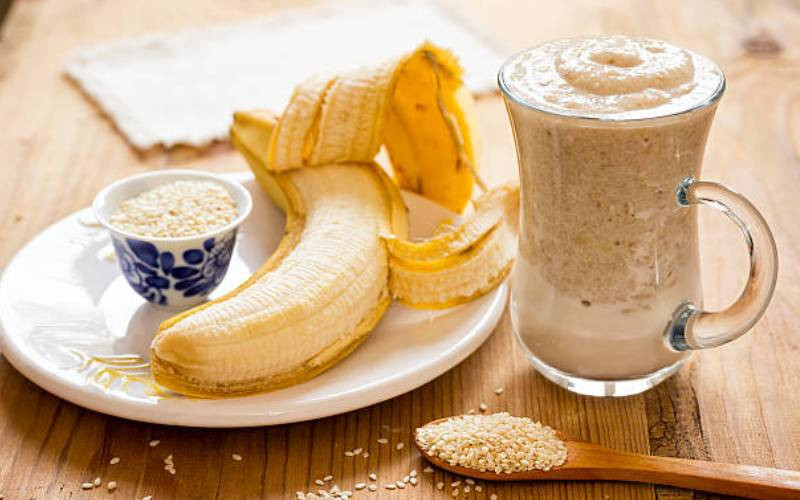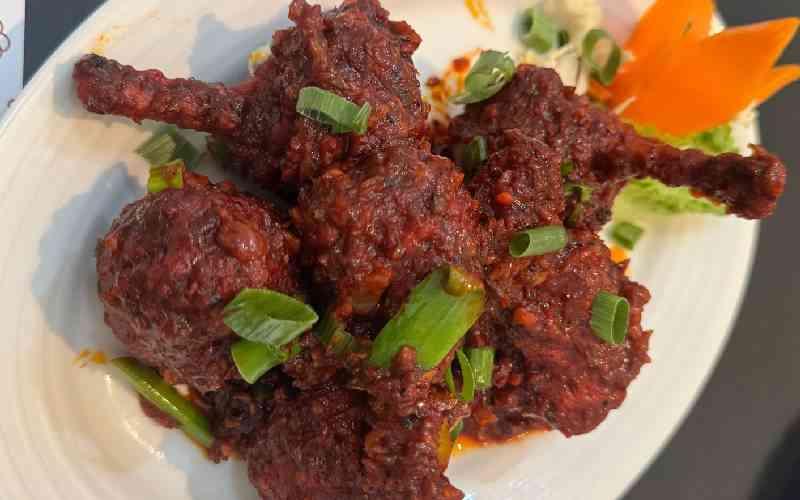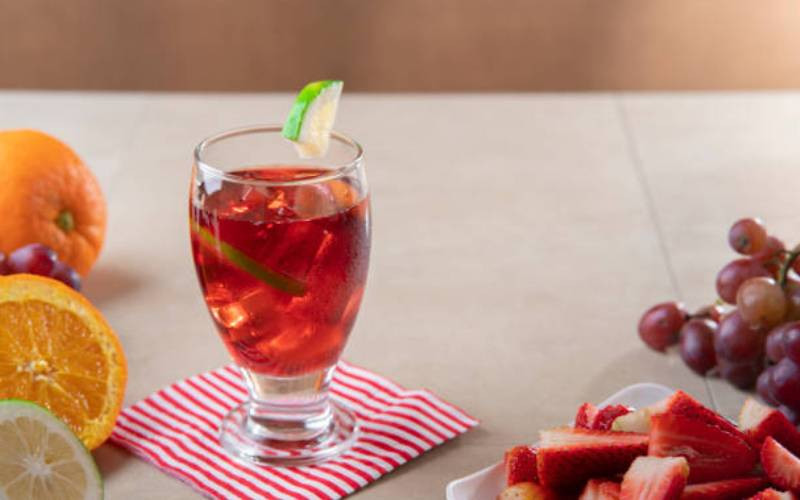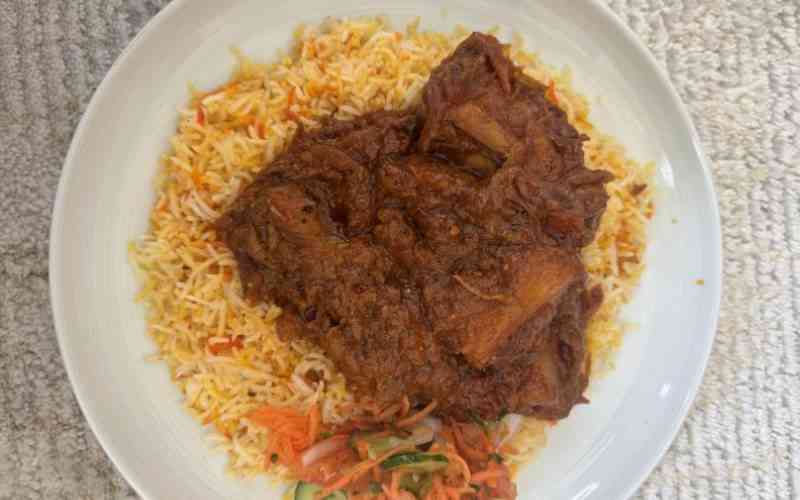
There's a very good reason why thought or smell of certain dishes has you drooling enthusiastically - but there's a small catch.
Homer Simpson's frequent drooling over donuts and Duff beer became an iconic and instantly recognisable sound.
There's a little bit of Homer in all of us - who hasn't had their mouth water when they've smelled something particularly delicious food?
But why does this happen? What stimulates this reaction? Is it the mere thought of sinking our teeth into our favourite dish, or something more chemical?
The American Chemical Society have the answer - and it lies deep in our brain , and possibly how we were also brought up.
Our three main salivary glands are:
the parotid gland the sublingual gland the submandibular glandWith three salivary glands producing up to 1.5 litres of the stuff a day, it comes as no surprise that our saliva plays quite a few roles - and needs to go somewhere.
What our saliva does:
keeps our mouths and teeth healthy helps us to chew and taste food starts the digestion process by breaking down the food with the enzyme amylase.But how we come to salivate at the thought, sight or smell of food is part of a reflex system which is essentially preparing our bodies for food / eating.
Nerve signals are sent to our salivary glands to essentially start preparing saliva to assist with chewing, tasting and digestions.
And how we react may be established in our childhood, through 'conditioned reflex.
This is a process where, as child, we learn to identify certain food items as the source of those tasty smells.
There is one condition though.
Whether or not our mouths start to water depends on IF we are actually going to eat the foods we are seeing, smelling or thinking about - plus how hungry we are can help too.
 The Standard Group Plc is a multi-media organization with investments in media platforms spanning newspaper print
operations, television, radio broadcasting, digital and online services. The Standard Group is recognized as a
leading multi-media house in Kenya with a key influence in matters of national and international interest.
The Standard Group Plc is a multi-media organization with investments in media platforms spanning newspaper print
operations, television, radio broadcasting, digital and online services. The Standard Group is recognized as a
leading multi-media house in Kenya with a key influence in matters of national and international interest.

